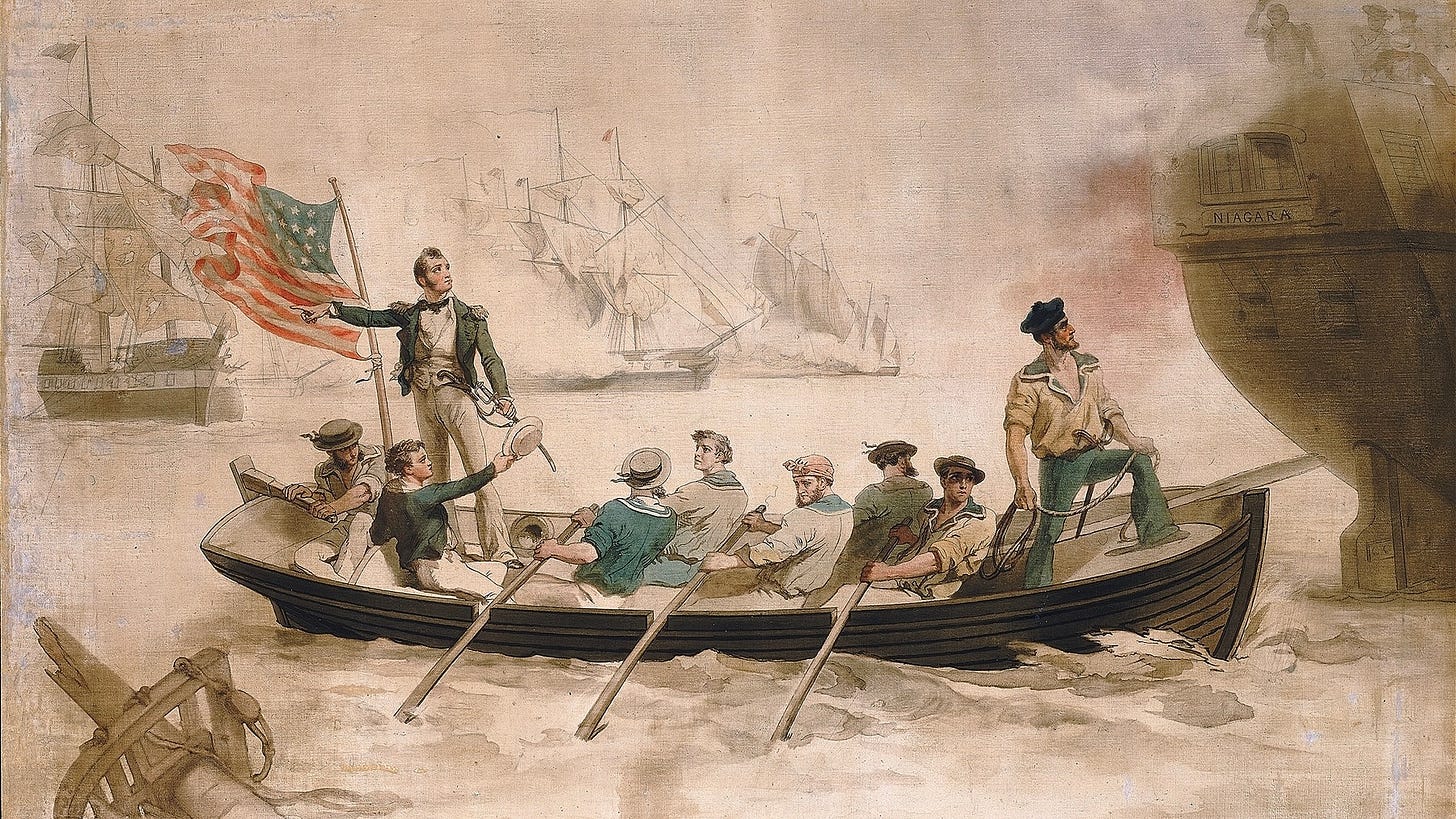I’ve been fairly consistent on this point for a few years now: America is worth believing in and fighting for, not just despite its faults but also because of them. But there are limits. My beliefs are being tested, which I suppose is a useful thing. Have I been overly optimistic in my faith in the American project, perhaps even naive?
This week’s Supreme Court ruling is yet another challenge to my core position. ICE agents can now discriminate based on race and language and target Hispanics just based on who they are. In her dissent, Justice Sonia Sotomayor said:
The Fourth Amendment protects every individual’s constitutional right to be “free from arbitrary interference by law officers.” After today, that may no longer be true for those who happen to look a certain way, speak a certain way and appear to work a certain type of legitimate job that pays very little. Because this is unconscionably irreconcilable with our nation’s constitutional guarantees, I dissent.
What happens when a country’s top constitutional court decides to make something patently unconstitutional constitutional? Of course, this wouldn’t be the first time. Think Plessy v. Ferguson or the infamous Korematsu v. United States decision which legalized internment camps for Japanese-Americans during World War II (a decision which Trump has spoken positively of).
The other day, I was talking to a Canadian friend of mine who works in progressive politics here in Washington, DC but lives in Virginia. She says she is trying to avoid coming into the city after President Trump’s deployment of National Guard troops and takeover of the DC police. She is brown and could pass for Hispanic, and she’s not wrong to think that she could be detained without cause.
I also spoke recently to a Tunisian friend who works in international development, and he said that where he once saw Washington, DC as his home, he is now considering leaving the United States. He doesn’t see a future for himself in this country.
The mood is dark. It takes a lot of effort to tell people to hang in there and not lose faith, when I myself am losing faith.
Part of the problem — although it’s ultimately a good thing — is that we are no longer tolerant of frontal attacks on our constitutional order. After various civil rights struggles over the past century, we had come to believe that the fundamental questions over liberalism and democracy had been resolved.
In my latest Washington Post column, I wrote the following:
Racial and economic progress — America, for all its faults, is considerably more equal and richer on a per capita basis than it was in the 1950s — raised our expectations and led us rightly to expect and want more from our lives. The more equal we become, the more glaring the remaining racial and gender gaps seemed to be.
Because we expect more, the gap between our ideal of what America should be and what the reality actually is grows, even as the United States remains more free and equal on race and gender than it was in the 1950s and 60s. The backsliding feels like an affront against progress, which it is. But, of course, progress isn’t guaranteed.
I suspect we may have to acclimate ourselves to a new order, one in which “progress” is no longer an upward if uneven curve but more like a pendulum. If Democrats win in 2028, we almost certainly won’t return to where we were (it could take years, if not decades, to undo Trump’s damage). But we will at least be able to stop the bleeding temporarily. And I worry that this — far from progress, more like a rearguard action against what Damir Marusic calls “barbarism” — will be all we can manage for the time being. Perhaps that will be enough, if only we can adjust our expectations of what is possible, and not, in politics. But it’s not enough, and it shouldn’t be enough. But we’re no longer living in a world of “shoulds.”
In this way, where once Republicans were the party that stood athwart progress and said no, Democrats may have little choice but to become the party that stands athwart barbarism and says no.
Wisdom of Crowds is a platform challenging premises and understanding first principles on politics and culture. Join us!




I'm not particularly sympathetic to the Administration’s aggressive approach to deportation, BUT my view is that to a certain extent the Biden Administration is culpable insofar as it countenanced an unprecedented flood of questionable asylum seekers, possibly for electoral advantage in Congressional apportionment.
As to the “profiling” question, I too would prefer a more rigorous process before apprehensions. I would particularly prefer a focus on violent criminals almost to the exclusion of all else. Unfortunately, that would be plenty to keep ICE busy. Even from a green eyeshade perspective, I don't see a very favorable cost-benefit calculus for deporting hard-working, law-abiding citizens with deep roots in the US.
However, that would be more practical if state and local authorities cooperated with DHS rather than actively resisting and inciting popular resistance to exploit the situation for perceived political gain.
In that regard, I believe their hypothesis is flawed. The people of color they hope to pander to are in many cases not nearly as supportive of illegal immigration and questionable asylum status as the progressive stereotype assumes.
The Supreme Court didn’t rule that racial profiling is permissible, they ruled that the possibility of it cannot in itself invalidate enforcement. I’m as appalled as anyone by the memeification of immigration and crime policy, but that distinction and perspective matters!!